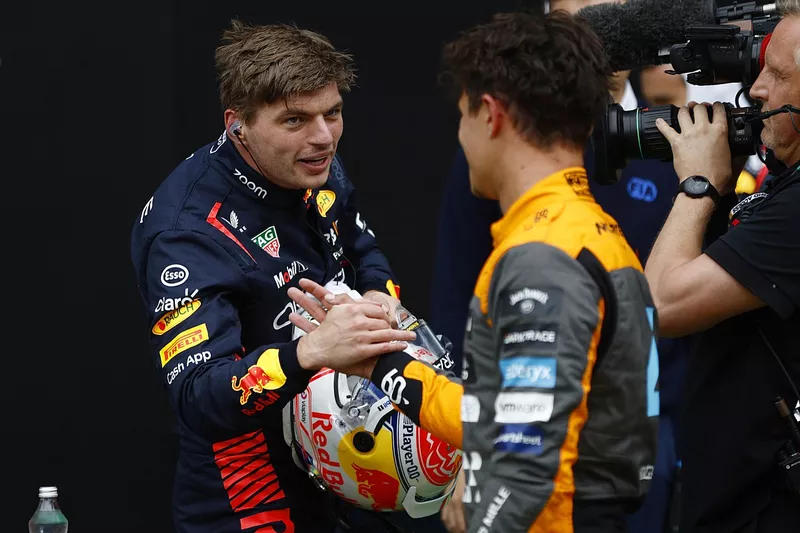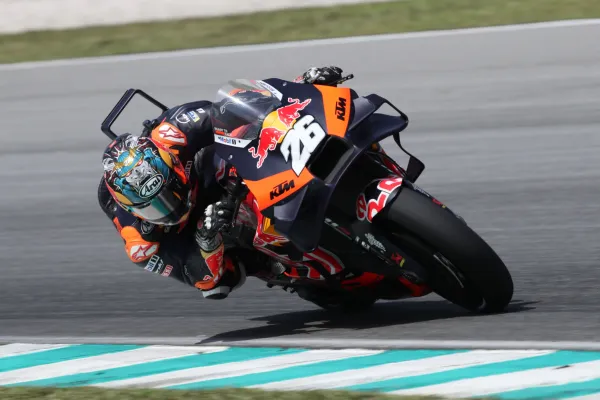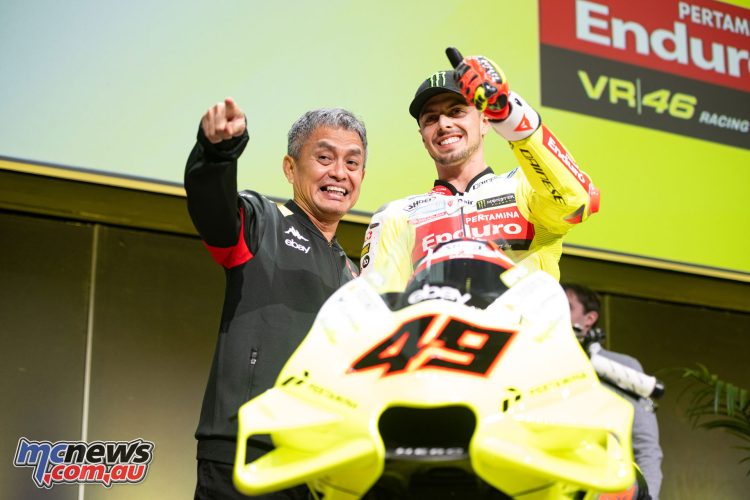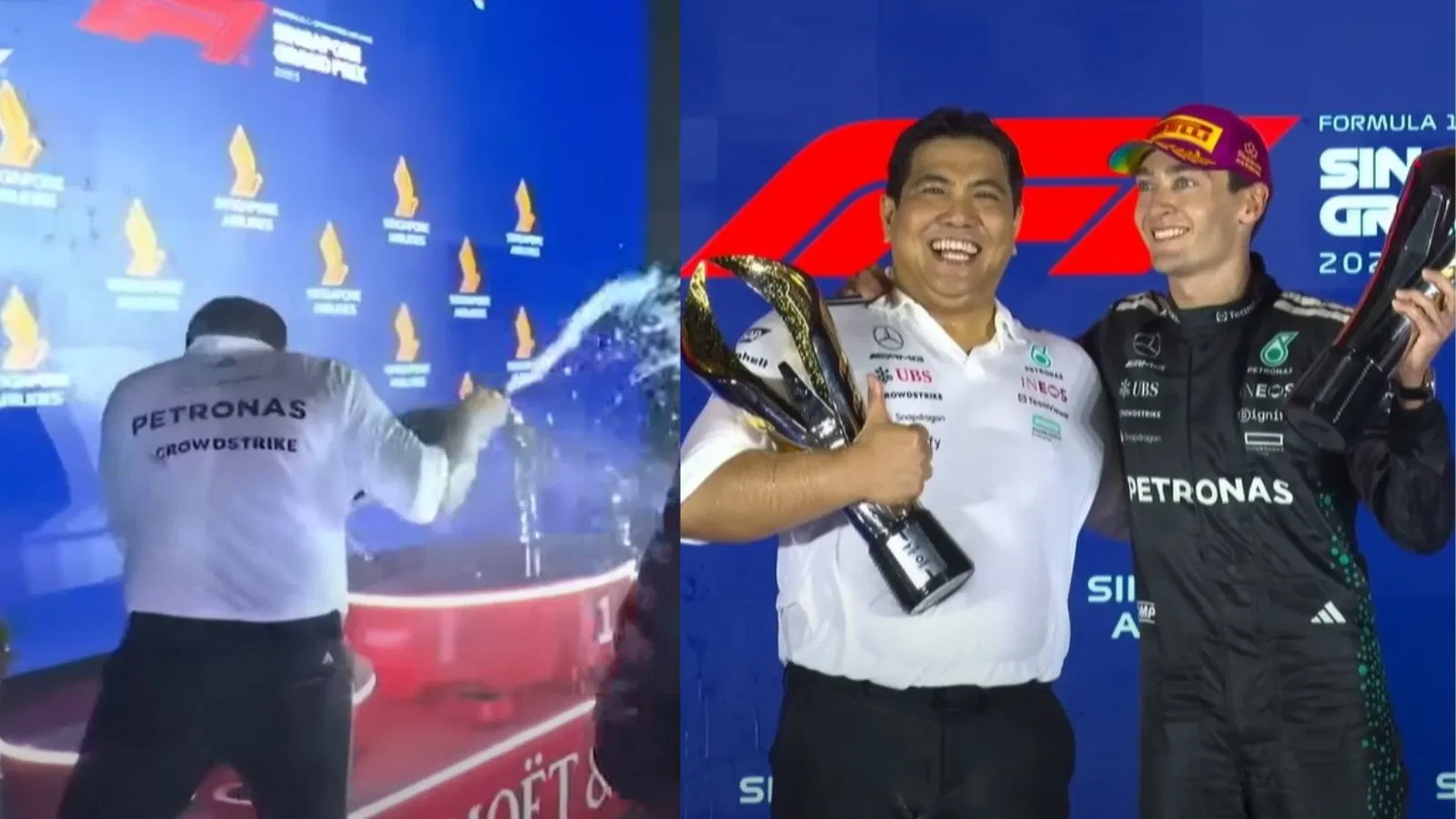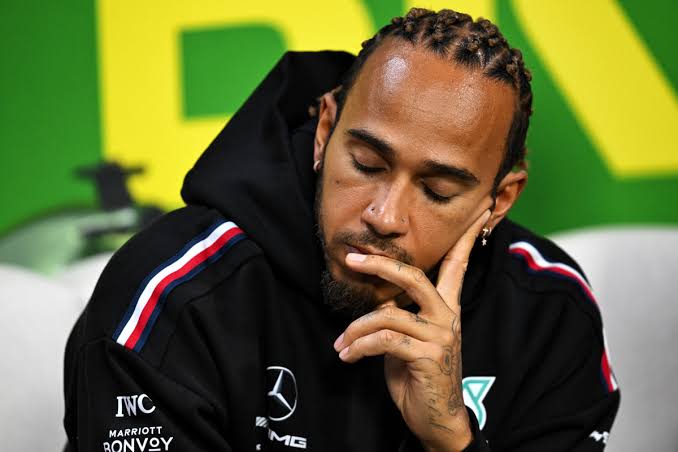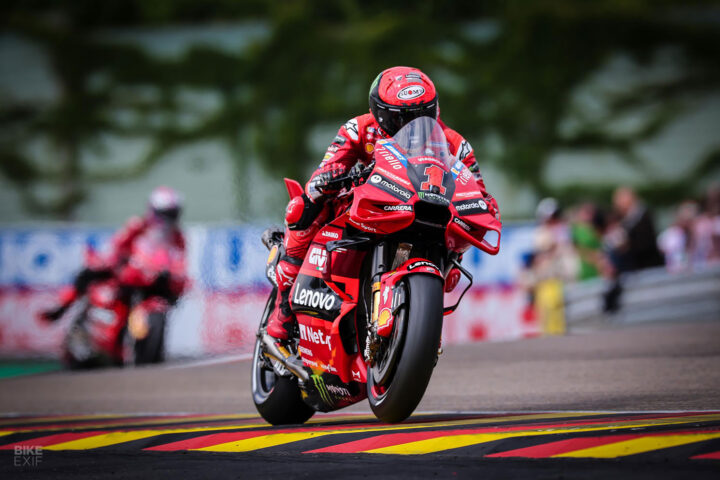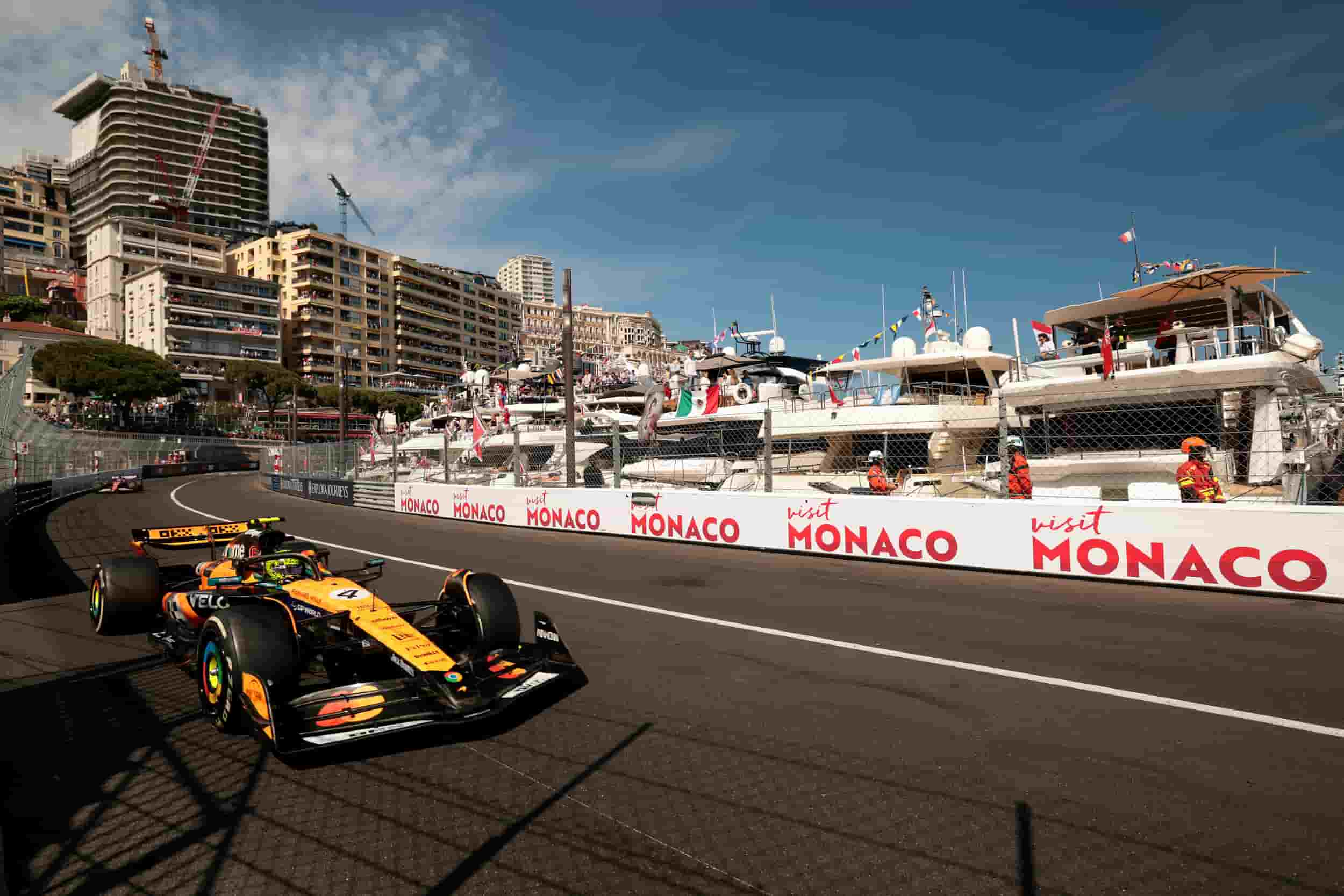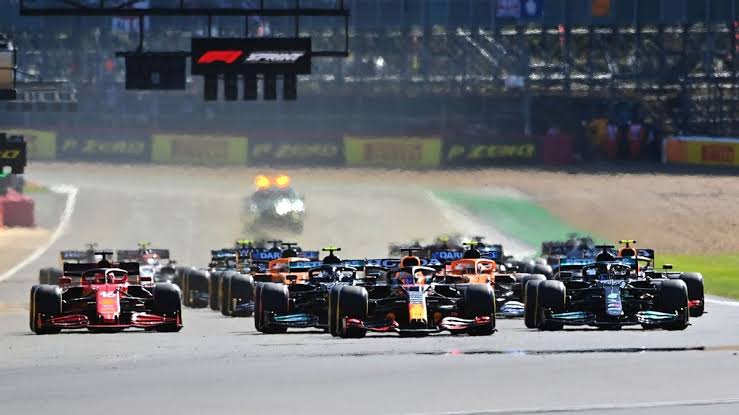Formula 1 CEO, Responded To Verstappen, His Complaints About The Calendar
The world of Formula 1 has always been a battleground for speed, precision, and strategy. However, in recent times, it has also become a battleground of ideas, opinions, and concerns, particularly regarding the ever-expanding race calendar. One of the sport’s star drivers, Max Verstappen, has been vocal about his apprehensions concerning the crowded schedule. In response to Verstappen’s complaints, Formula 1 CEO Stefano Domenicali has stepped forward to address the issue, shedding light on the broader perspective of managing the world’s premier motorsport.
Verstappen’s Concerns
Max Verstappen, known for his fearless driving style and unwavering determination, is not one to shy away from speaking his mind. In the midst of Formula 1’s growing popularity and competitiveness, Verstappen, like many of his peers, has expressed genuine concerns about the relentless race calendar. With the potential for the calendar to expand to 24 races in the upcoming season, drivers and teams face the challenges of managing the logistical demands and physical toll of such a rigorous schedule.
Domenicali’s Response
As the CEO of Formula 1, Stefano Domenicali carries the weight of ensuring the sport’s continued success and growth. In response to Max Verstappen’s complaints, Domenicali has emphasized the importance of a balanced perspective. While he acknowledges the significance of drivers’ opinions and concerns, he makes it clear that the sport cannot be solely dictated by those behind the wheel.
Domenicali’s broader vision for Formula 1 encompasses its expansion and evolution in a way that benefits the sport as a whole. He points out that Formula 1’s responsibility goes beyond individual driver preferences and focuses on what is best for the sport’s overall health.
Drawing Parallels
Stefano Domenicali draws parallels with other motorsports, such as MotoGP, to highlight the need for innovation and adaptation to changing times. Just as Formula 1 has faced the challenge of an expanding calendar, MotoGP and others have embraced new formats and approaches. Domenicali underscores that while drivers aim to achieve maximum speed on the track, the sport’s governing body must prioritize decisions that ensure its long-term sustainability.
The Bigger Picture
In Domenicali’s view, Formula 1’s growth and evolution are paramount. The sport’s longevity depends on decisions that benefit the broader interests of Formula 1. While drivers excel at pushing the limits of their racing machines, the organization must excel at making choices that ensure the sport remains vibrant, exciting, and sustainable.
The dialogue between drivers and Formula 1’s leadership regarding the race calendar reflects the sport’s ongoing evolution. Formula 1 CEO Stefano Domenicali’s response to Max Verstappen’s concerns underscores the intricate balance between tradition and innovation. As Formula 1 navigates its future, the central challenge remains finding the optimal equilibrium between an exciting race calendar and the well-being of its teams and drivers. Ultimately, it is this delicate balance that contributes to Formula 1’s endurable success on and off the track.

